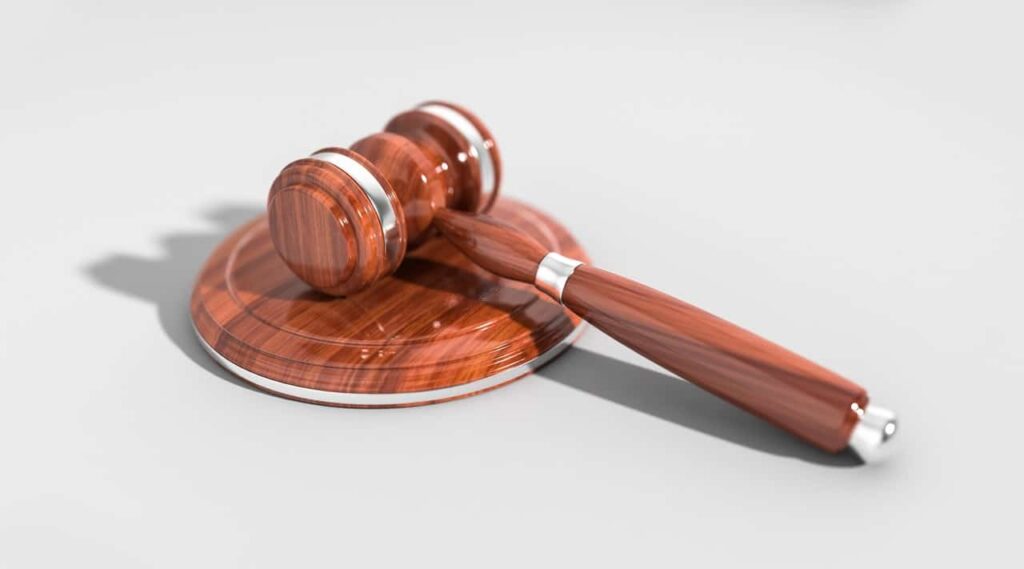Section 150 – Code of Criminal Procedure, 1973
Information of design to commit cognizable offences Every police officer receiving information of a design to commit any cognizable offence shall communicate such information to the police officer to whom he is subordinate, and to any other officer whose duty it is to prevent or take cognizance of the commission of any such offence.
Section 149 – Code of Criminal Procedure, 1973
Police to prevent cognizable offences Every police officer may interpose for the purpose of preventing, and shall, to the best of his ability, prevent, the commission of any cognizable offence.
Section 148 – Code of Criminal Procedure, 1973
Local inquiry (1) Whenever a local inquiry is necessary for the purposes of section 145, section 146 or section 147, a District Magistrate or Sub-divisional Magistrate may depute any Magistrate subordinate to him to make the inquiry, and may furnish him with such written instructions as may seem necessary for his guidance, and may declare […]
Section 147 – Code of Criminal Procedure, 1973
Dispute concerning right of use of land or water (1) Whenever an Executive Magistrate is satisfied from the report of a police officer or upon other information, that a dispute likely to cause a breach of the peace exists regarding any alleged right of user of any land or water within his local jurisdiction, whether […]
Section 146 – Code of Criminal Procedure, 1973
Power to attach subject of dispute and to appoint receiver (1) If the Magistrate at any time after making the order under sub-section (1) of section 145 considers the case to be one of emergency, or if he decides that none of the parties was then in such possession as is referred to in section […]
Section 145 – Code of Criminal Procedure, 1973
Procedure where dispute concerning land or water is likely to cause breach of peace (1) Whenever an Executive Magistrate is satisfied from a report of a police officer or upon other information that a dispute likely to cause a breach of the peace exists concerning any land or water or the boundaries thereof, within his […]
Section 144A – Code of Criminal Procedure, 1973
[Power to prohibit carrying arms in procession or mass drill or mass training with arms (1) The District Magistrate may, whenever he considers it necessary so to do for the preservation of public peace or public safety or for the maintenance of public order, by public notice or by order, prohibit in any area within […]
Section 144 – Code of Criminal Procedure, 1973
Power to issue order in urgent cases of nuisance or apprehended danger (1) In cases where, in the opinion of a District Magistrate, a Sub-divisional Magistrate or any other Executive Magistrate specially empowered by the State Government in this behalf, there is sufficient ground for proceeding under this section and immediate prevention or speed remedy […]
What is an Injunction?

An injunction is a legal remedy which a court of law grants to prohibit a party to a case from doing some wrong act or continuance of a wrongful act which has already begun. When a person or entity does not comply with an injunction granted by a court, such person or entity can face criminal/civil […]
Section 143 – Code of Criminal Procedure, 1973
Magistrate may prohibit repetition or continuance of public nuisance A District Magistrate or Sub-divisional Magistrate, or any other Executive Magistrate empowered by the State Government or the District Magistrate in this behalf, may order any person not to repeat or continue a public nuisance, as defined in the Indian Penal Code (45 of 1860), or […]